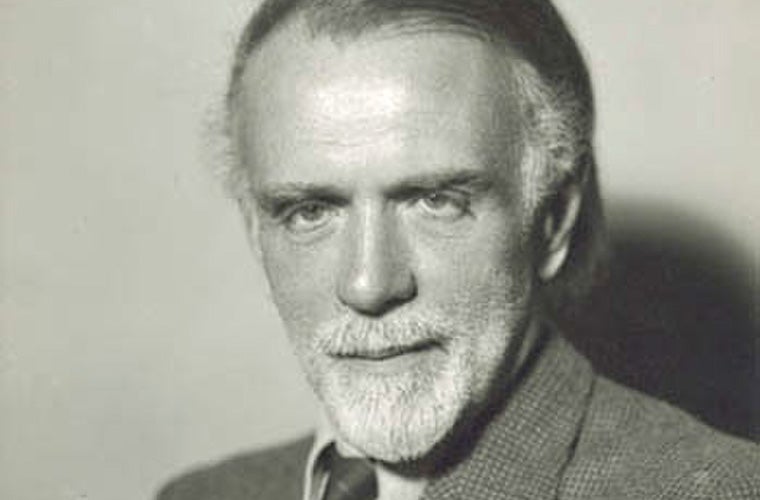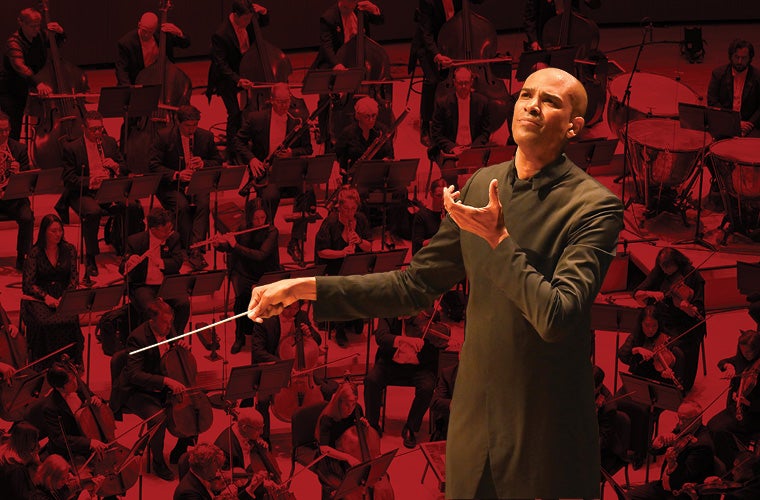
Zoltán Kodály
1882 - 1967
Biography
Zoltán Kodály was a Hungarian composer, ethnomusicologist, educator, linguist, and philosopher. His father was a stationmaster and keen amateur musician, and Kodály learned to play the violin as a child. He also sang in a cathedral choir and wrote music, despite having little formal musical education. In 1900, Kodály entered the University of Budapest to study modern languages, and began to study music at the Franz Liszt Academy of Music in Budapest, where Hans Koessler taught him composition.
One of the first people to undertake the serious study of folk tales, Zoltán Kodály became one of the most significant early figures in the field of ethnomusicology. In 1905 he visited remote villages to collect songs recording them on phonograph cylinders. In 1906 he wrote the thesis on Hungarian folk song ("Strophic Construction in Hungarian Folksong"). Around this time Kodály met fellow composer Béla Bartók, whom he took under his wing and introduced to some of the methods involved in folk song collecting. The two became lifelong friends and champions of each other's music.
After gaining his PhD in philosophy and linguistics, Zoltán Kodály went to Paris where he studied with Charles Widor. There he discovered and absorbed various influences, notably the music of Claude Debussy. In 1907 he moved back to Budapest and gained a professorship at the Academy of Music there. He continued his folk music-collecting expeditions through World War I without interruption.
Kodály had composed throughout this time, producing two string quartets (Op.2, 1909 and Op.10, 1917 respectively), Sonata for cello and piano (Op.4, 1910) and Sonata for cello solo (Op. 8, 1915), and his Duo for violin and cello (Op.7, 1914). All these works show a great originality of form and content, a very interesting blend of highly sophisticated mastery in the Western-European style of music, including classical, late-romantic, impressionistic and modernist tradition as well as a profound knowledge and respect for the folk music of Hungary, Slovakia, Bulgaria, Albania and other Eastern European countries.
Featured Events
Pictures at an Exhibition
- Pictures at an ExhibitionMussorgsky/Ravel
- Violin Concerto No. 2Bartók
- Dances of GalántaKodály
